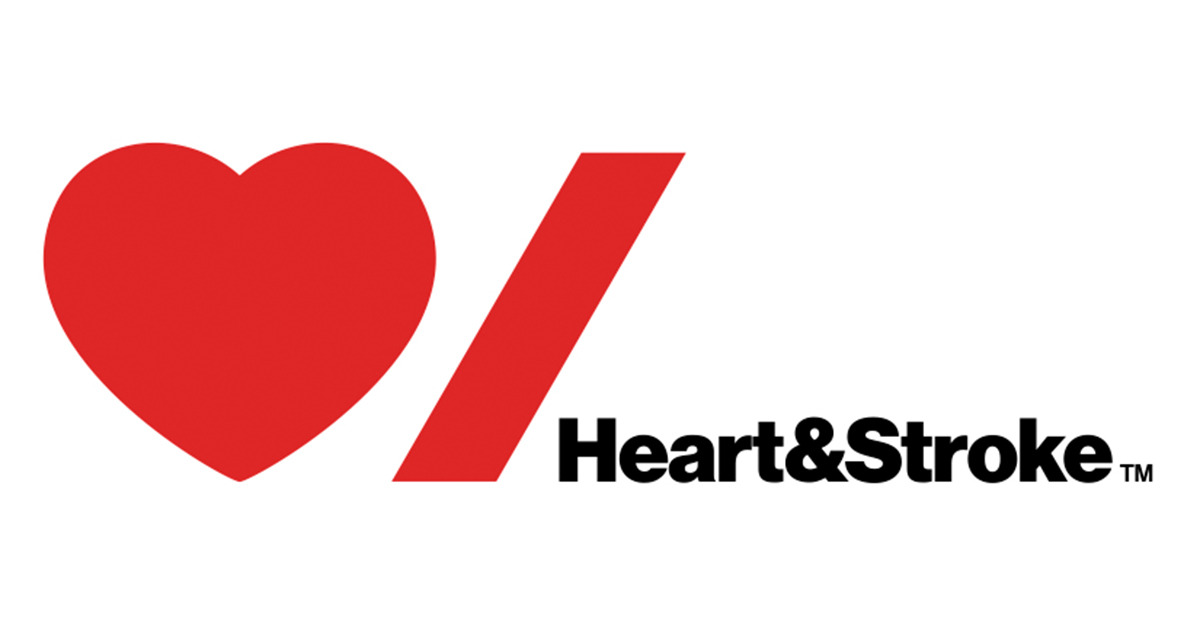How Atkins Diet works for Atherosclerosis
The Atkins diet works to reduce the risks of heart disease and even prevent them, by lowering carbohydrates consumption and incorporating a variety of healthy fats and meat in the diet.
This is done mainly by influencing the various risk factors associated with heart disease.
Hereafter, we cover in details how the Atkins diet works to achieve this:
- Lower bad cholesterol: small particles of low-density lipoprotein (LDL) pose a higher risk of heart diseases. Current researches suggest that low-density lipoprotein (LDL) are associated with a higher consumption of carbohydrates.
A study titled “Effect of short-term low-and high-fat diets on low-density lipoprotein particle size in normolipidemic subjects” provided evidence that following a low carbs diet that is high in fat can increase the size of (LDL) particles or bad cholesterol, and at the same time decrease the percentage of small LDL particles.
Accordingly, by lowering carbohydrates consumption, the Atkins diet is believed to decrease the percentage of small LDL particles, and this aspect would lower the risks of heart diseases.
- Increase good cholesterol levels: people with low levels of HDL or good cholesterol are at greater risk of heart diseases. Current researches suggest that lower levels of HDL are associated with a higher consumption of carbohydrates.
A review study titled “Effects of Low-Carbohydrate Diets Versus Low-Fat Diets on Metabolic Risk Factors: A Meta-Analysis of Randomized Controlled clinical Trials” showed that following a low-carb diet increases HDL levels more than following a low-fat diet.”
Accordingly, by lowering carbohydrates consumption, the Atkins diet is believed to increase the level of HDL, and hence would lower the risks of heart diseases. Plus, this diet promotes good fat which would increase further the HDL level.
- Lower triglyceride levels: it is commonly known that high levels of triglycerides in the blood increase the risk of heart diseases. Current researches suggest that these elevated levels of triglycerides are associated with the consumption of carbohydrates, especially refined sugars.
A review study titled “Effects of Low-Carbohydrate Diets Versus Low-Fat Diets on Metabolic Risk Factors: A Meta-Analysis of Randomized Controlled clinical Trials” showed that a low-carb diet decreased triglycerides levels in all populations.
By lowering carbohydrates consumption, especially refined carbs and sugar, the Atkins diet is believed to reduce the level of triglycerides in the body. Hence, this would lower the risks of heart diseases.
- Reduced blood sugar levels: it is commonly known that high blood sugar levels and diabetes are both factors that can lead to heart diseases.
Current researches suggest that increased blood sugar levels and insulin secretion are associated with high carbohydrates diet consumption.
A study titled “The Effect of Low-Carbohydrate Diet on Glycemic Control in Patients with Type 2 Diabetes Mellitus” showed that a low carb diet can improve blood sugar levels more than a low-fat diet.
Accordingly, by lowering carbohydrates consumption, the Atkins diet is believed to reduce blood sugar and insulin levels, and hence would lower the risks of heart diseases. To learn more about this, you can check the section on Atkins diet for diabetes.
- Lower blood pressure: it is commonly known that hypertension is a risk factor leading to heart diseases. Current studies have shown that low carbs diets, may be helpful in reducing high blood pressure levels.
Accordingly, by lowering carbohydrates consumption, the Atkins diet is believed to reduce hypertension, hence lowering the risks of heart diseases.
- Weight loss: being overweight is commonly known to be a risk factor leading to heart diseases.
Current researches have shown that excessive consumption of carbohydrates and sugar leads to weight gain. Therefore, limiting these elements in the diet can help reducing weight.
The Atkins diet, being low in carbs, is believed to contribute to weight loss. This happens mainly because in the absence of carbs, the body is forced to burn fat for energy, hence fat storage gets reduced in the body. To learn more about this, you can check our section about Atkins diet for weight loss.



















[0]